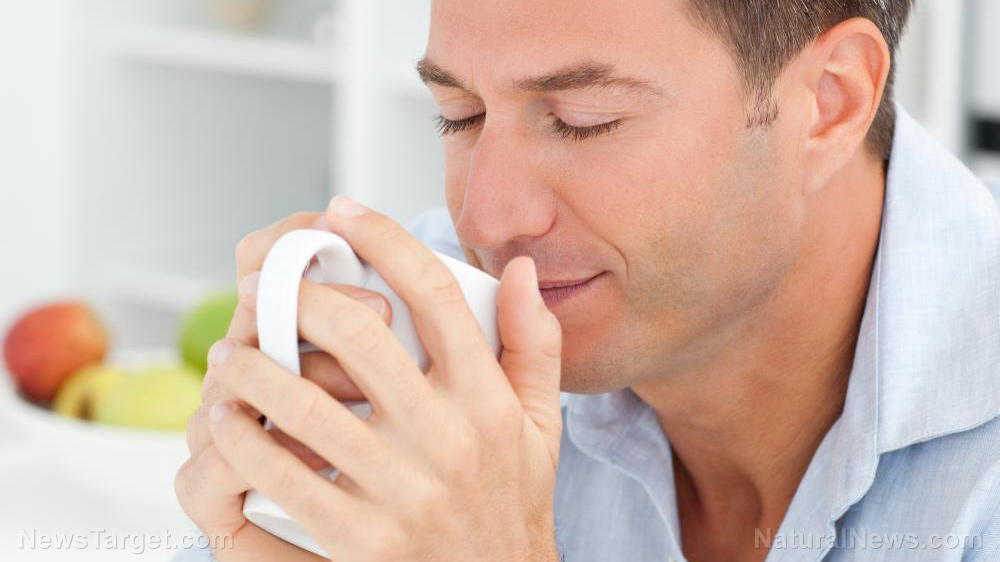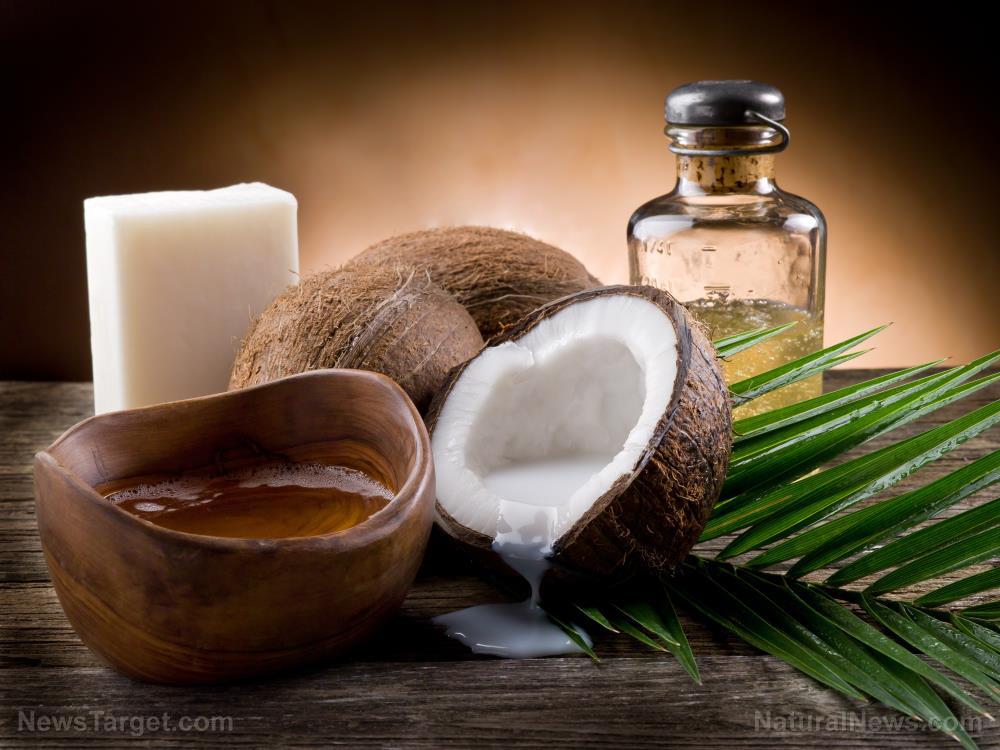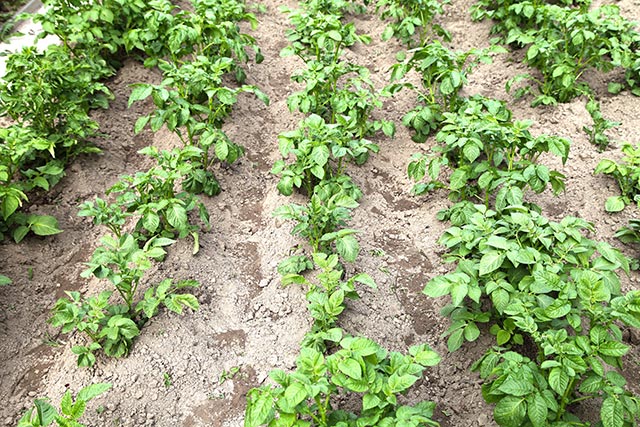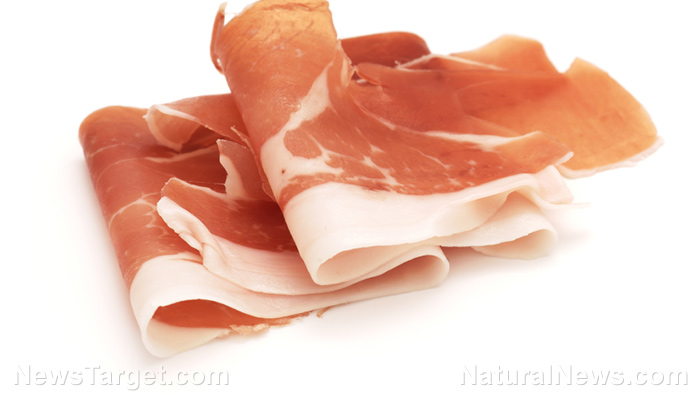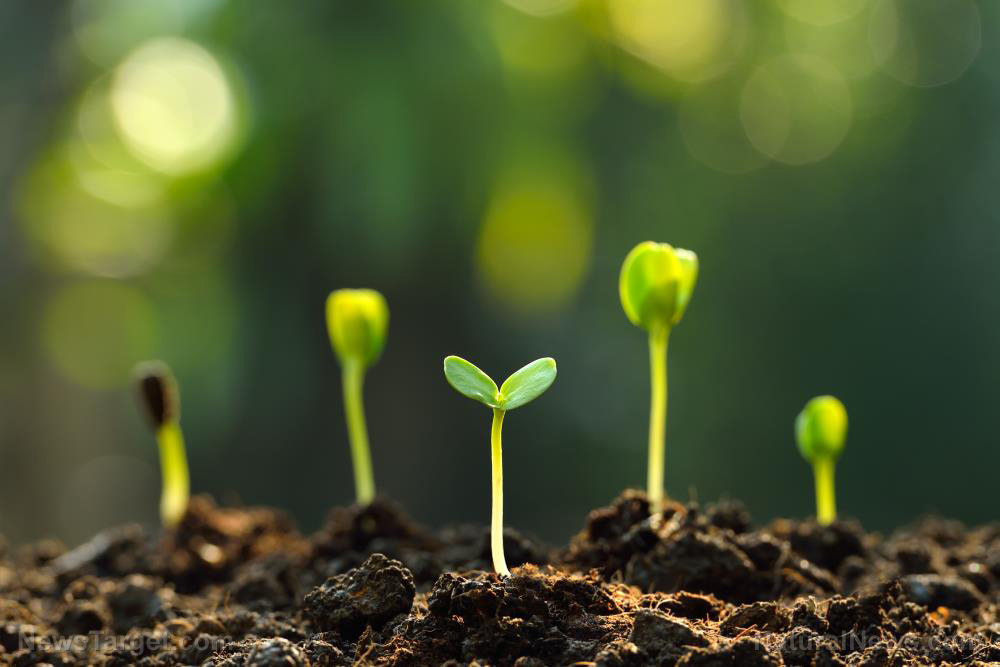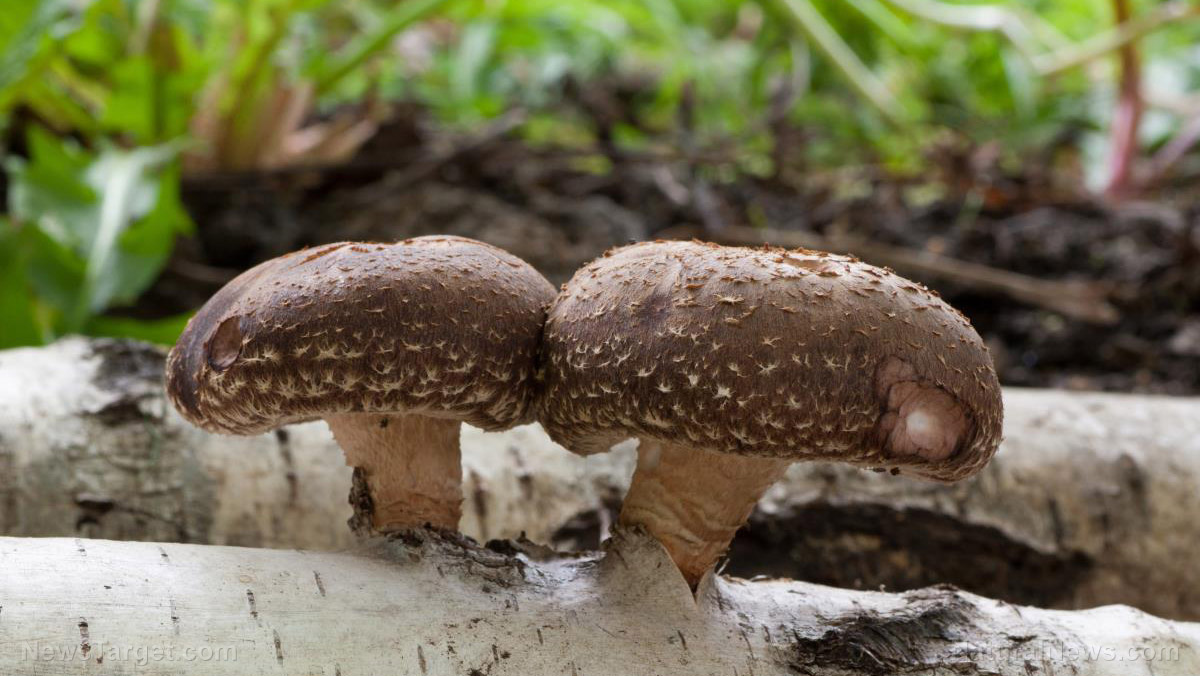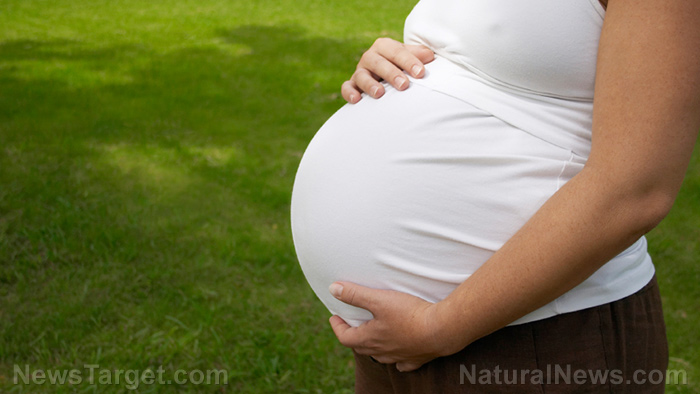Bee bread improves the antioxidant status of athletes
10/03/2018 / By Michelle Simmons
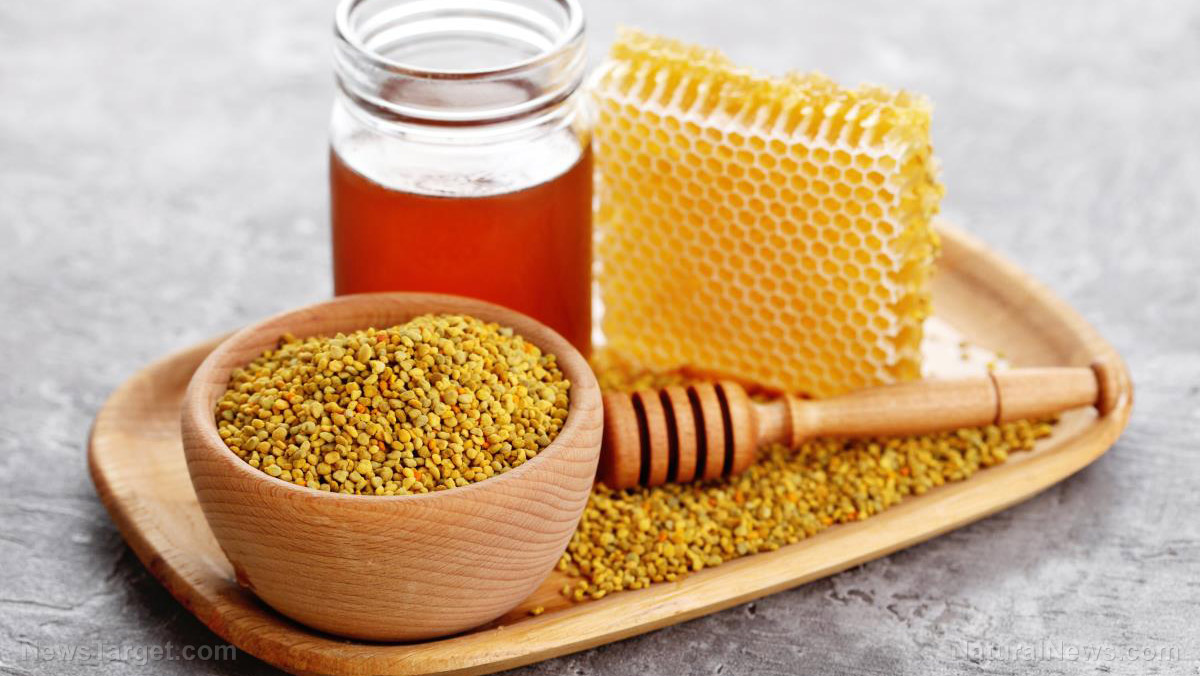
Although there were studies conducted on the antioxidant properties of bee bread, there is no scientific data on the potential effectiveness of bee bread’s antioxidant properties on sports performance. Thus, researchers from the University Sains Malaysia conducted a study on this and found that bee bread supplementation can improve athletic performance.
- For the study, which was published in the International Journal of Applied Research in Natural Products, researchers examined the effects of bee bread supplementation on running performance and antioxidant status in athletes.
- They recruited 12 male recreational athletes to participate in the study.
- For the first experimental trials, they gave the athletes either 20 g of bee bread or placebo every day for eight weeks.
- After a wash-out period of four weeks, they gave the participants the supplements for another eight weeks before the second experimental trial was carried out.
- During the trials, the participants ran at 60 percent of VO2max for 90 minutes. This was followed immediately by a 20-minute time trial.
- Blood samples were also collected to measure total antioxidant status.
- Results revealed that the participants who took bee bread supplements ran longer than those who took the placebo.
- They also had significantly higher antioxidant status and plasma than the placebo group at post-supplementation, immediate post-exercise, and 24 hours post-exercise.
The findings of the study suggested that daily supplementation of bee bread can boost running performance and increase antioxidant status in recreational athletes.
Read the full text of the study at this link.
To read more stories on the importance of honeybees, visit Bees.news today.
Journal Reference:
Fadzel WCP, Chen CK, Ooi FK, Mohamed M. EFFECTS OF BEE BREAD SUPPLEMENTATION ON ENDURANCE RUNNING PERFORMANCE AND TOTAL ANTIOXIDANT STATUS IN RECREATIONAL ATHLETES. International Journal of Applied Research in Natural Products. 19 September 2018; 11(1): 17-23.
Tagged Under: antioxidants, Athletes, athletic performance, bee bread, bees, endurance, exercise, fitness, food cures, honey, honeybees, running, slender, sports performance

